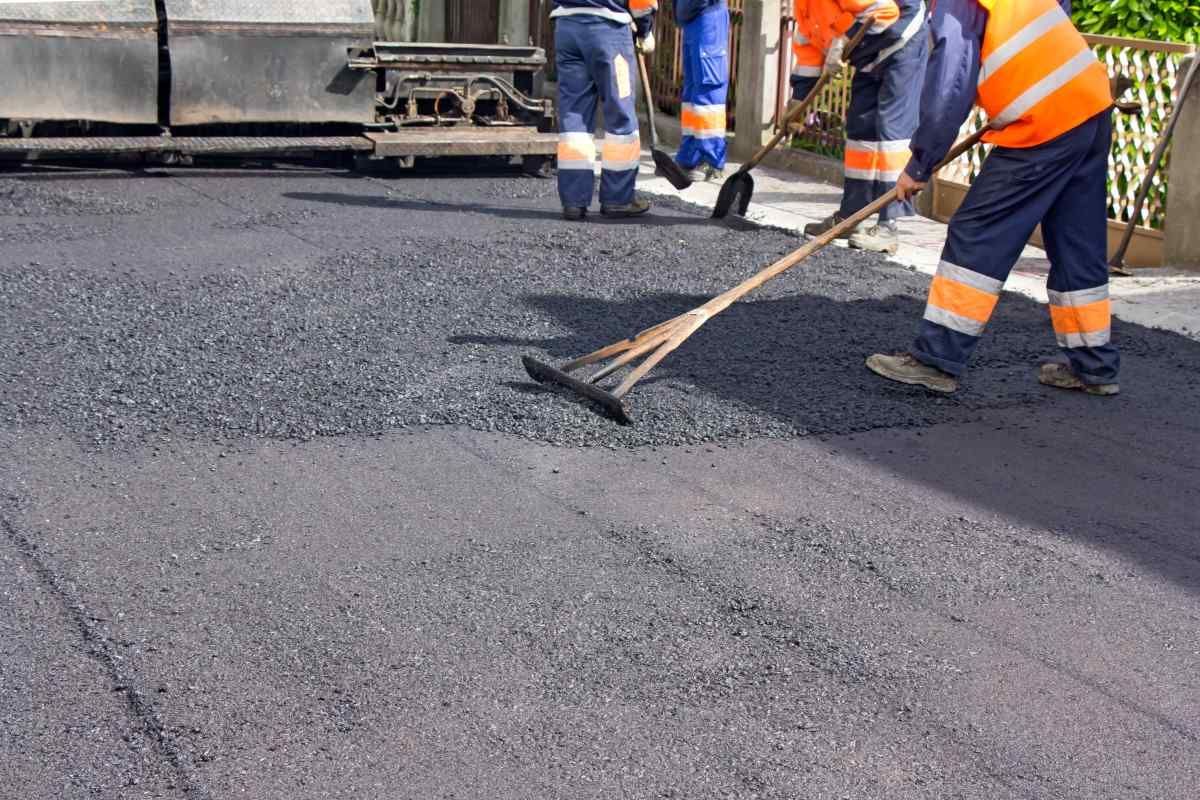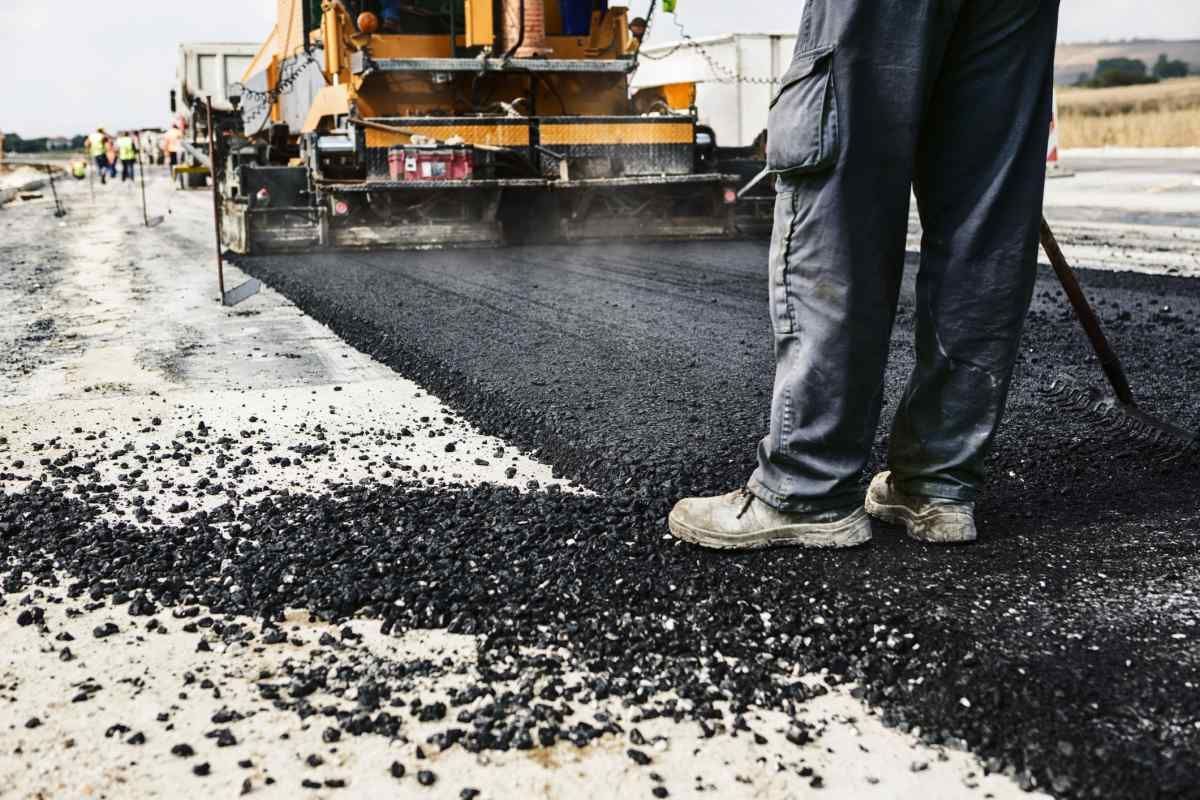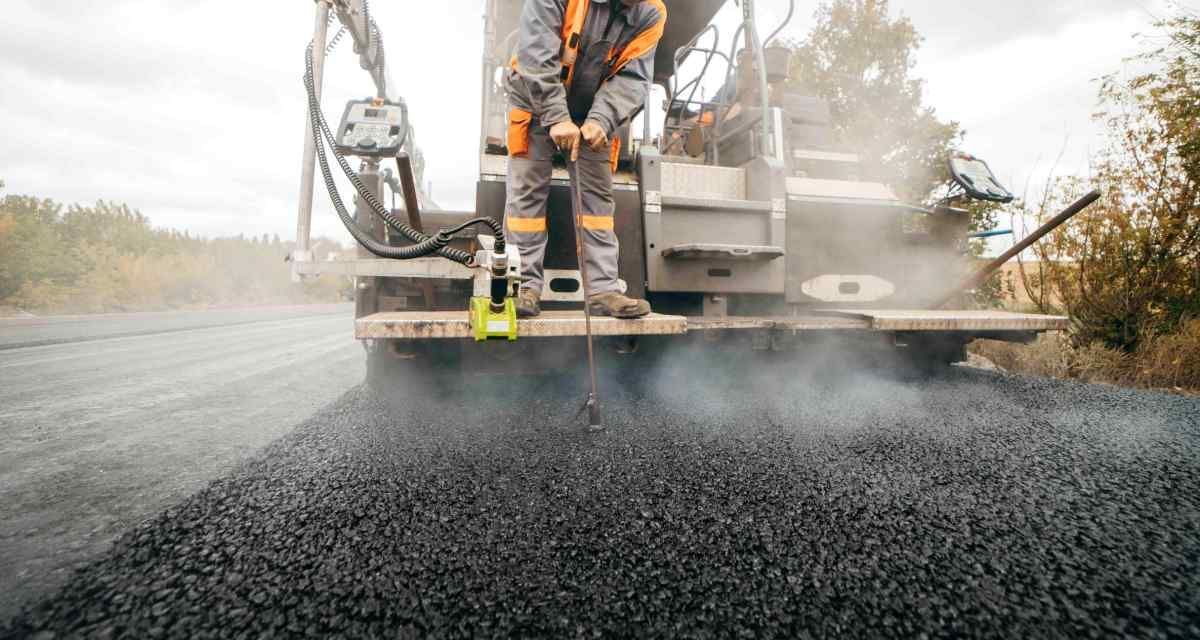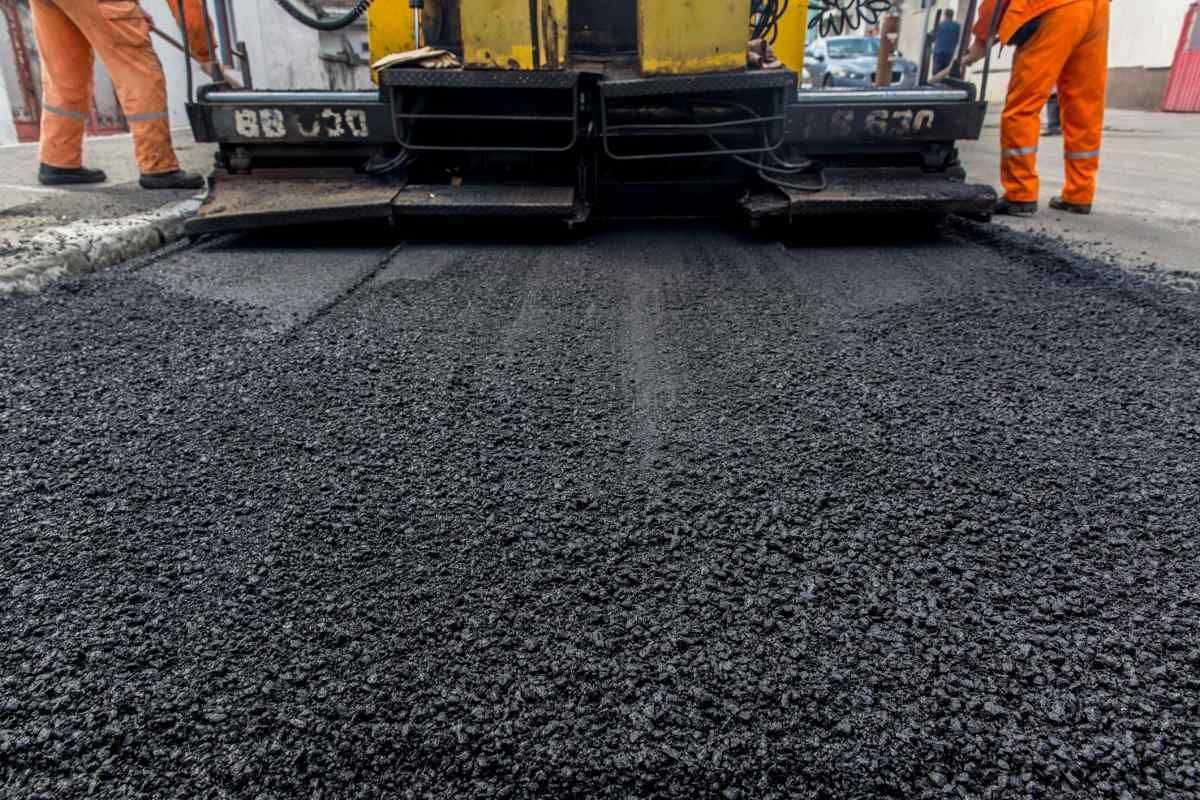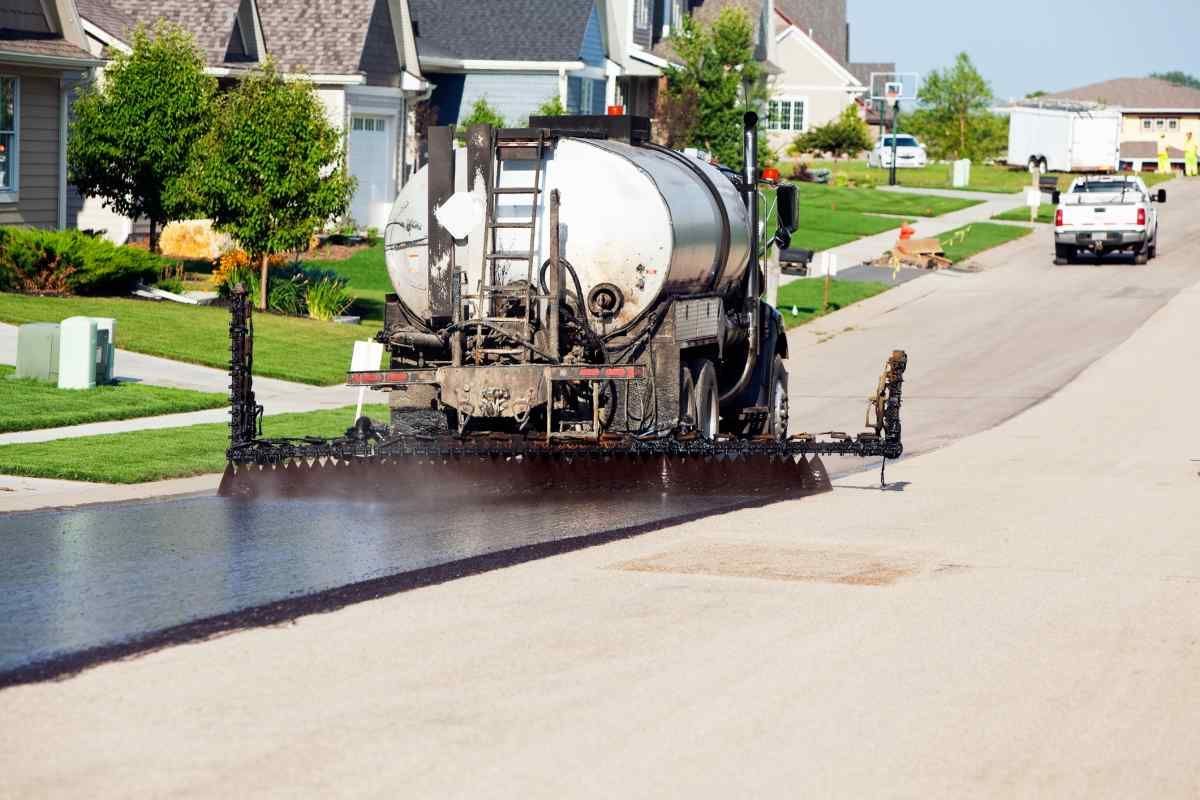What Is Asphalt Concrete Paving
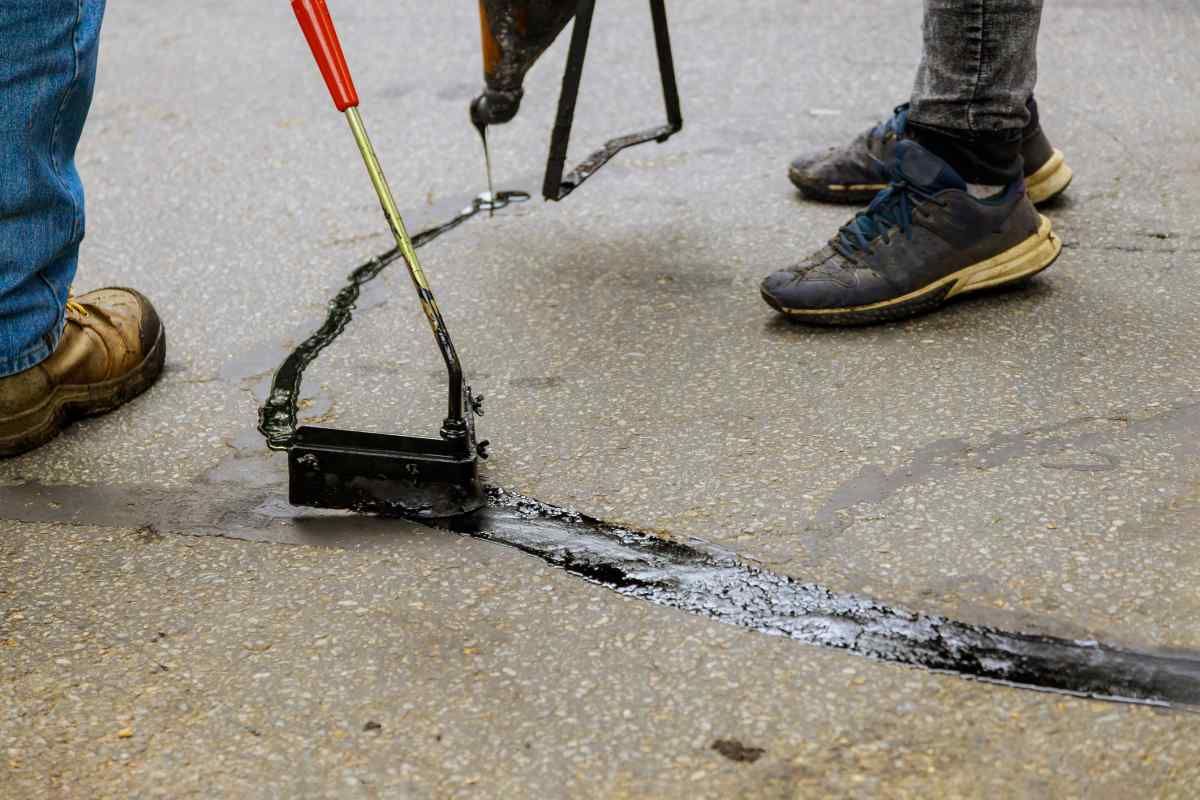
Asphalt concrete paving, integral to modern infrastructure, often goes unnoticed. Understanding its composition, production, installation, and maintenance reveals its durability and longevity benefits for roadways. What distinguishes asphalt concrete and drives its widespread adoption? Explore its process and advantages to grasp its prominence in construction projects.
Composition of Asphalt Concrete
The composition of asphalt concrete pavement is vital for durability and performance, balancing sustainability and longevity. Mixtures prioritize weather resistance and structural integrity, integrating recycled materials like RAP and RAS to manage waste and reduce demand for new aggregates. Optimal aggregate gradation, asphalt content, and modifiers enhance resistance to aging, cracking, and deformation, ensuring the pavement withstands traffic and environmental challenges while maintaining structural integrity.
Benefits of Asphalt Concrete Paving
Asphalt concrete paving offers exceptional durability, ensuring longevity and resilience against heavy traffic loads and harsh weather conditions. Furthermore, its cost-effectiveness makes it a practical choice for various infrastructure projects, providing a reliable and economical solution. Additionally, the smooth surface finish of asphalt concrete enhances driving comfort and safety for road users, reducing noise levels and improving overall road quality.
Durability of Asphalt
Asphalt concrete paving exhibits exceptional durability, lasting 12-20 years with proper maintenance. Its wear and tear resistance surpasses other materials, proving cost-effective. Resistant to various environmental conditions, it withstands harsh elements, maintaining structural integrity. Its flexibility accommodates temperature changes, reducing crack and pothole formation. Asphalt emerges as a top choice for durability in diverse settings, offering longevity and weather resistance.
Cost-Effectiveness
Asphalt concrete paving offers cost-effective longevity and resilience in diverse settings. While initial installation costs may be higher, long-term savings are significant due to reduced repair and replacement expenses. Its durability and low maintenance needs make it sustainable for budget-conscious projects. The smooth surface decreases vehicle wear and tear, lowering maintenance costs. Choosing asphalt concrete paving ensures both cost-effectiveness and sustainability in construction projects.
Smooth Surface Finish
Considering the cost-effectiveness and durability of asphalt concrete paving for construction projects, the smooth surface finish of this material provides additional benefits that contribute to its overall value and performance.
- Surface smoothness:
- Proper installation techniques ensure a seamless and even surface, enhancing safety and driving comfort.
- Paving aesthetics:
- The smooth finish adds a sleek and polished look to the pavement, increasing the overall appeal of the infrastructure.
Incorporating precise finishing touches during the paving process not only improves the visual aesthetics but also plays a crucial role in enhancing the functionality and longevity of the asphalt concrete surface. By focusing on achieving a smooth surface finish, asphalt concrete paving is able to deliver a high-quality, durable solution for various construction needs.
Process of Asphalt Concrete Production
The process of asphalt concrete production involves the careful selection and measurement of ingredients for the asphalt mix, followed by a meticulous mixing and heating process to ensure proper homogeneity and temperature. Quality control measures are then implemented to monitor and maintain the desired specifications of the asphalt mix, ensuring its suitability for use in paving applications. This systematic approach from ingredient selection to quality control is critical in producing durable and high-performance asphalt concrete for paving projects.
Ingredients for Asphalt Mix
Incorporating a precise combination of aggregates, binder, and filler materials forms the essential foundation for producing asphalt mix in the process of asphalt concrete production. The asphalt mixture, crucial for the construction process, is composed of:
- Aggregates:
- Crushed rock or gravel provides strength and stability to the pavement
- Proper gradation of aggregates ensures a durable final product
- Binder:
- Bitumen acts as the glue, holding the mixture together.
- The selection of the right binder type influences the mix's flexibility and resistance to weather conditions.
This meticulous blend of ingredients not only ensures the structural integrity of the pavement but also enhances the overall quality and longevity of the asphalt surface.
Mixing and Heating Process
During asphalt concrete production, mixing and heating are crucial stages. Mixing combines ingredients like aggregate, binder, and additives, ensuring a consistent mixture with required properties. Heating raises the mix temperature for compaction and workability, enhancing viscosity for proper coating of aggregate particles. Both processes are vital for high-quality asphalt concrete meeting construction standards.
Quality Control Measures
Efficient monitoring of asphalt concrete production ensures quality in construction. Performance testing evaluates durability, fatigue resistance, and overall performance. Inspection procedures guarantee materials meet specifications and are properly mixed and compacted. These measures are crucial for quality control, ensuring long-lasting and reliable paved surfaces. Meticulous performance tests and inspections uphold the integrity of asphalt concrete paving, promising enduring infrastructure.
Installation of Asphalt Concrete Pavement
Meticulous subgrade preparation is crucial for successful asphalt pavement installation. Subgrade must be graded and compacted properly before paving to ensure stability. A base layer, typically made of aggregate materials, enhances durability. Specialized equipment like asphalt pavers and rollers are used, requiring proper calibration and operation. Common installation mistakes include inadequate compaction and improper alignment, which must be addressed promptly to prevent defects.
Maintenance of Asphalt Pavements
Maintaining asphalt pavements is vital for longevity and performance. Key considerations include preventative maintenance and timely repairs:
• Preventative Maintenance:
Regular inspections prevent minor issues from becoming major repairs. Sealcoating guards against oxidation, UV rays, and water damage.
• Repair:
Promptly fixing cracks and potholes maintains structural integrity. High-quality materials and techniques ensure lasting results, minimizing future interventions.
Environmental Impact of Asphalt Concrete
"To ensure asphalt pavements' sustainability, evaluating its environmental impact throughout its lifecycle is crucial. This includes assessing its carbon footprint, generated mainly during production and transportation. High-temperature aggregate heating for asphalt production emits carbon dioxide. Transporting raw materials and delivering asphalt also contribute to emissions. Asphalt pavements aid erosion control by efficiently managing storm water flow and can incorporate features like permeable mixes for enhanced water infiltration and groundwater recharge."
Frequently Asked Questions
-
How Long Does It Typically Take for Asphalt Concrete Pavement to Fully Cure After Installation?
 Button
ButtonThe typical curing time for asphalt concrete pavement ranges from 6 to 12 months after installation, depending on weather conditions. Proper maintenance during this period enhances durability, ensuring the pavement reaches its full strength.
-
Are There Any Special Considerations or Precautions That Need to Be Taken During the Installation of Asphalt Concrete Pavement in Extreme Weather Conditions?
 Button
ButtonInstallation challenges arise in extreme temperatures during asphalt concrete paving. Proper temperature management is crucial. Cold weather may delay curing, while hot conditions can lead to premature hardening. Adjusting mix designs and timing are essential precautions to ensure quality pavement.
-
Can Asphalt Concrete Pavement Be Easily Repaired if It Gets Damaged or Develops Cracks Over Time?
 Button
ButtonRepair methods for damaged or cracked asphalt concrete pavement involve techniques such as patching, crack sealing, and overlaying. Regular maintenance, including seal coating and filling cracks promptly, can help extend the lifespan of the pavement.
-
Are There Any Alternative Materials or Methods That Can Be Used for Sustainable or Eco-Friendly Asphalt Concrete Paving?
 Button
ButtonExploring eco-friendly alternatives and sustainable methods for asphalt concrete paving is crucial. From using recycled materials like reclaimed asphalt pavement (RAP) to incorporating warm-mix asphalt technology, these practices can reduce environmental impact and promote long-term sustainability.
-
How Does the Cost of Installing and Maintaining Asphalt Concrete Pavement Compare to Other Types of Paving Materials in the Long Run?
 Button
ButtonIn assessing the cost comparison of asphalt concrete pavement against other paving materials in the long run, factors such as initial installation expenses, maintenance costs, and durability play crucial roles. Additionally, considering the environmental impact and long-term benefits is essential.
Conclusion
In conclusion, asphalt concrete paving is a durable and cost-effective solution for constructing roads and pavements. Its composition, production process, installation, and maintenance all play important roles in ensuring the longevity and functionality of asphalt pavements. Despite the environmental impact of asphalt production, its benefits outweigh the drawbacks, making it a popular choice for various infrastructure projects. Proper maintenance and regular inspections are crucial in extending the lifespan of asphalt pavements.
Let’s talk about your project
Request a free quote today.
We are not taking employment applications at this time.
No estamos tomando solicitudes de empleo en este momento.
We will get back to you as soon as possible.
Please try again later.

WHERE TO FIND US AREAS WE WERVE
950 N. Villa Ave.
Villa Park, IL 60181
sales@asphaltpavingpro.com
(630) 833-0850
Copyright © 2023 Asphalt Paving Professionals
Website design by Blue Ink Web LLC
